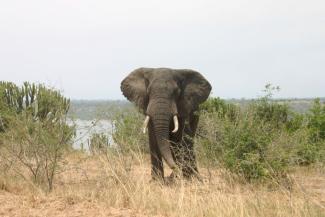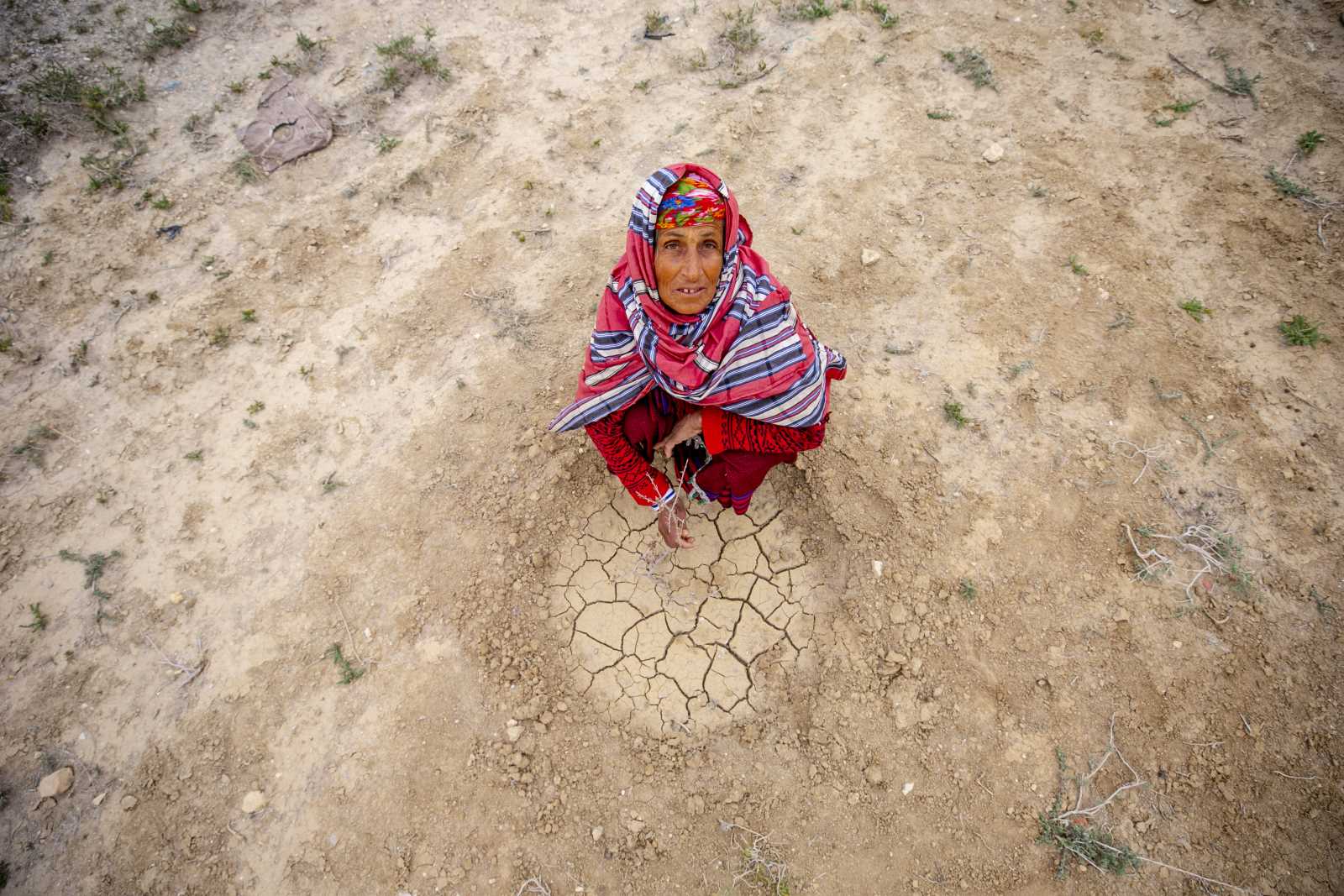Conservation
Responding to wildlife crime

Given the new dimensions of wildlife crime, Germany’s Federal Government has also increased its international commitments in this area. On its behalf, GIZ is supporting partner countries in Africa and Asia. The Polifund project, financed by Germany’s Federal Ministry for Economic Cooperation and Development (BMZ) and the German Federal Ministry for the Environment (BMUB), pools expertise and resources from government agencies, civil-society initiatives and international organisations. Joint activities are organised along the entire chain of illegal wildlife trade. Measures include:
- the introduction of innovations (technological as well as organisational) in the fight against poaching,
- capacity building for law enforcement officials and
- pilot initiatives to reduce the demand for wildlife commodities, primarily in Asia.
The Polifund and the regional GIZ project Transboundary Use and Protection of Natural Resources in the SADC-Region supported the SADC Secretariat in drafting the law enforcement and anti-poaching strategy (LEAP – see main article). Germany also supports tangible efforts to stem wildlife crime in the SADC region, including reforms to strengthen relevant legislation and judicial procedures in Namibia, Tanzania and Malawi. Capacity building for cross-border law enforcement in KAZA is on the agenda as well. Other assisted activities include the improvement of field protection and the monitoring of large conservation areas in Zambia and Tanzania.













